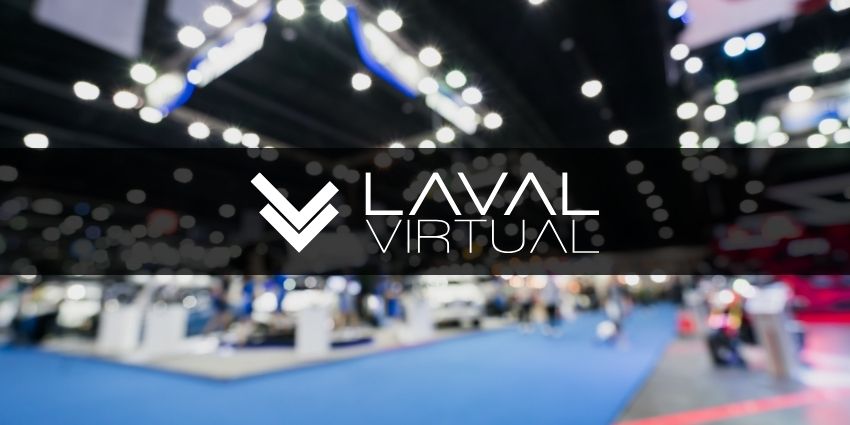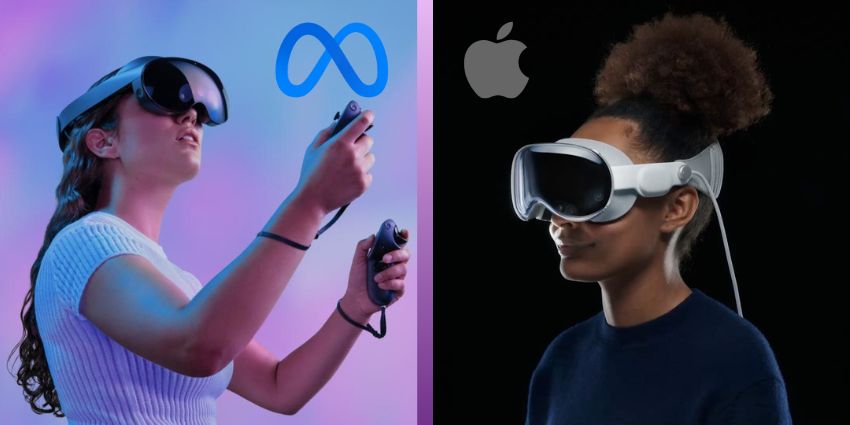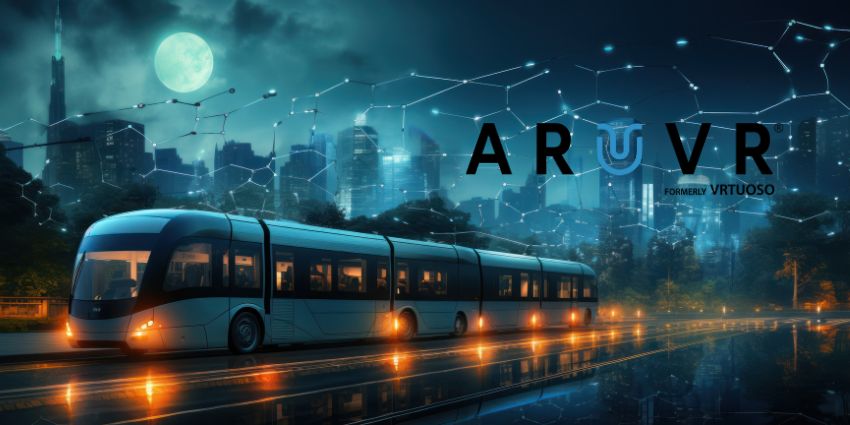The extended reality landscape isn’t just changing the way we consume content, but also the way experiences are developed and built for a modern audience. As filmmakers, content producers and artists throughout the entertainment industry consistently look for new ways to boost audience engagement, XR has become a phenomenal tool in the production of new experiences.
Not only can the right tools help creatives, developers, and talent work more effectively together in distributed landscapes, but they also have the power to enhance the way we interact with movies, events, games, and television shows.
Let’s take a closer look at how immersive filmmaking is transforming the entertainment industry.
What is Immersive Filmmaking?
Immersive filmmaking is a relatively broad concept in today’s landscape. Typically, it refers to production strategies used in the entertainment industry to boost audience engagement, through the use of extended reality, metaverse environments, and 3D content.
The impact of immersive technologies can be seen throughout the entire entertainment landscape. Galleries and art exhibitors are embedding AR, VR, and MR experiences into their events, to help users explore creations like never before. Metaverse landscapes are emerging to enrich the experiences of fans looking to attend concerts from a distance, or watch sporting events from a new perspective.
Even cinemas and theatres are beginning to get involved, providing viewers with access to headsets and immersive technology. IMAX VR centres around the world introduced John Wick fans to immersive experiences, by allowing them to play a VR game within the cinema. Major music events such as Tomorrowland, Coachella, and many others have also experimented with VR, mixed reality holographs, and 360-degree videos for attendees.
What’s more, new platforms for consuming entertainment are emerging all of the time, providing users with more ways to access entertainment. VR movie apps like Plex VR and Bigscreen support consumers in bringing movies and shows developed with immersive tech into their homes. Major market leaders are even developing metaverse environments for XR users.
For instance, Sony Music Solutions is currently in the process of developing an immersive event for its popular anime series, “Sword Art Online”, which will provide users with a new way to interact with the fantasy world, through a metaverse platform.
Using Immersive Technology to Create Entertainment
The immersive technology landscape provides developers and content creators in the entertainment space with new tools for developing story lines, delivering content, and making scenes more impactful. Immersive tools can be used to place actors and talent in virtual environments, where they can interact with digital content, to create a more realistic narrative.
Immersive content can help to enhance movie sets, and provide professionals with more useful information to interact with during critical scenes, making them feel as though they’re actually exploring distant lands, or battling against enemies.
For the most part, most of the immersive technology used to create films and shows in the entertainment landscape has revolved around the creation of highly engaging three-dimensional assets for scenes. However, new hardware and tools are emerging all the time to transform what creators can do. For instance, Canon introduced its immersive film technology at CES 2023, which provides users with access to solutions for building and capturing immersive content.
The Canon Free Viewpoints system offers major facilities like stadiums, arenas, and studios with comprehensive cameras and lens systems, capable of reproducing 3D replicas of people and objects. Additionally, Canon also offers an MREAL experience, built to support creators in visualising and simulating lifelike images with photorealistic colours, textures, and depth.
Canon even has its own dedicated VR camera, the Canon EOS VR system, which provides 8K 360-degree footage, which can be rapidly transmitted to Adobe Premier for stitching and processing.
The Future of Immersive Technology in Filmmaking
Although the entertainment industry is still in the early stages of discovering the benefits that XR and metaverse solutions can provide, the potential of the tools is clear. Immersive theatre performances and interactive cinema experiences are already emerging in regions around the world.
Immersive technology is also introducing new ways for developers and content creators to learn and discover new ways of developing content. The Vancouver film school launched its own VR/AR Design and Development Program in recent years, and new online courses and bootcamps designed to introduce students to the benefits of RT3D and immersive content creation are beginning to emerge.
Even major entertainment awards ceremonies and groups are beginning to recognise the impact of immersive solutions on the landscape. The Cinequest Film and Creativity Festival in California added a “VR” category to its line-up a few years ago, highlighting the increasing importance of technology, and encouraging new developers to experiment with immersive tools.
As new solutions continue to democratise immersive filmmaking, by providing creators with access to content suites, 3D assets, and low-code platforms for developing metaverse environments, the potential of this landscape is likely to evolve even further.
We’re already seeing new entrants emerge into the gaming landscape, experimenting with ever-more advanced ways to embed gamers within the landscapes they create. Immersive filmmaking could take inspiration from this space, introducing new ways for viewers to “connect” with the films they see, through spatial sound, haptic feedback, and headsets.
Immersive Filmmaking will Transform Entertainment
VR and entertainment have already proven to be a match made in heaven. Gaming companies, music festival promoters, and event creators are currently in the process of developing more advanced ways for consumers to jump into new worlds from the comfort of their own home, or a theatre space.
In the future, immersive filmmaking will allow creative experts to look at entertainment from a broader perspective, exploring new ways to engage the sensors and delight consumers. Not only will extended reality and similar tools transform the way we create films and television shows, but it will allow us to step into these worlds like never before.







